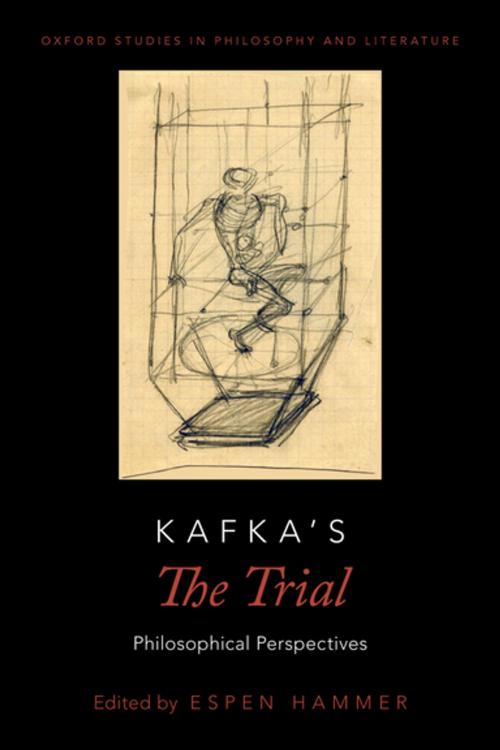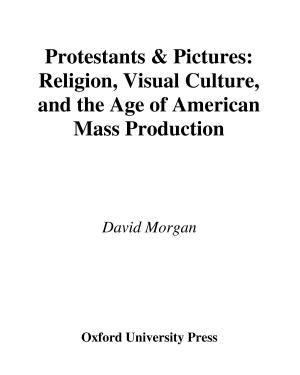Kafka's The Trial
Philosophical Perspectives
Nonfiction, Religion & Spirituality, Philosophy, Aesthetics, Fiction & Literature, Literary Theory & Criticism| Author: | ISBN: | 9780190461485 | |
| Publisher: | Oxford University Press | Publication: | March 23, 2018 |
| Imprint: | Oxford University Press | Language: | English |
| Author: | |
| ISBN: | 9780190461485 |
| Publisher: | Oxford University Press |
| Publication: | March 23, 2018 |
| Imprint: | Oxford University Press |
| Language: | English |
Kafka's novel The Trial, written from 1914 to 1915 and published in 1925, is a multi-faceted, notoriously difficult manifestation of European literary modernism, and one of the most emblematic books of the 20th Century. It tells the story of Josef K., a man accused of a crime he has no recollection of committing and whose nature is never revealed to him. The novel is often interpreted theologically as an expression of radical nihilism and a world abandoned by God. It is also read as a parable of the cold, inhumane rationality of modern bureaucratization. Like many other novels of this turbulent period, it offers a tragic quest-narrative in which the hero searches for truth and clarity (whether about himself, or the anonymous system he is facing), only to fall into greater and greater confusion. This collection of nine new essays and an editor's introduction brings together Kafka experts, intellectual historians, literary scholars, and philosophers in order to explore the novel's philosophical and theological significance. Authors pursue the novel's central concerns of justice, law, resistance, ethics, alienation, and subjectivity. Few novels display human uncertainty and skepticism in the face of rapid modernization, or the metaphysical as it intersects with the most mundane aspects of everyday life, more insistently than The Trial. Ultimately, the essays in this collection focus on how Kafka's text is in fact philosophical in the ways in which it achieves its literary aims. Rather than considering ideas as externally related to the text, the text is considered philosophical at the very level of literary form and technique.
Kafka's novel The Trial, written from 1914 to 1915 and published in 1925, is a multi-faceted, notoriously difficult manifestation of European literary modernism, and one of the most emblematic books of the 20th Century. It tells the story of Josef K., a man accused of a crime he has no recollection of committing and whose nature is never revealed to him. The novel is often interpreted theologically as an expression of radical nihilism and a world abandoned by God. It is also read as a parable of the cold, inhumane rationality of modern bureaucratization. Like many other novels of this turbulent period, it offers a tragic quest-narrative in which the hero searches for truth and clarity (whether about himself, or the anonymous system he is facing), only to fall into greater and greater confusion. This collection of nine new essays and an editor's introduction brings together Kafka experts, intellectual historians, literary scholars, and philosophers in order to explore the novel's philosophical and theological significance. Authors pursue the novel's central concerns of justice, law, resistance, ethics, alienation, and subjectivity. Few novels display human uncertainty and skepticism in the face of rapid modernization, or the metaphysical as it intersects with the most mundane aspects of everyday life, more insistently than The Trial. Ultimately, the essays in this collection focus on how Kafka's text is in fact philosophical in the ways in which it achieves its literary aims. Rather than considering ideas as externally related to the text, the text is considered philosophical at the very level of literary form and technique.















